Content from the Brookings Institution India Center is now archived. After seven years of an impactful partnership, as of September 11, 2020, Brookings India is now the Centre for Social and Economic Progress, an independent public policy institution based in India.
This article first appeared in The Indian Express. The views are of the author(s).
Thomas Jefferson wrote, “a government big enough to give you everything you want is also strong enough to take away everything you have “. Seen through a contemporary India-centric lens , this statement could read, “people want a strong government for development and stability but not so strong as to compromise their civil liberties”. They want a government that will invigorate the economy and clear the tangled undergrowth of corruption, petty bureaucracy and institutional decay but not one that will threaten their constitutional rights. Their democratic dilemma is how to get the former without risking the likelihood of the latter. Two recent events made me reflect on this dilemma. One, the UP elections and two the passage of the enemy property bill. I have a personal interest in the latter which I will explain below.
The UP elections have given the public what they want. A strong leader, PM Modi bestrides the Indian polity like a colossus. He owes much, of course, to the organisational genius and political acumen of Amit Shah but it is because of the clarity of his message, the charisma of his oratory and the perceived strength of his leadership, more so than any other factor, including the ideology of the party, that the BJP is in power in the Centre and in 14 of the 28 states accounting for almost 60 per cent of the population. It is because of him that no bookmaker will bet against a BJP-led victory in 2019.
The PM is in a rare position today. He has the mandate to implement the raft of economic policies required to achieve what Vijay Joshi in his excellent book, India’s Long Road: The Search for Prosperity has called “high quality growth” but which hitherto have gathered dust because of “tit for tat” coalition politics and vested interests: Policies such as administrative overhaul to strengthen the government’s delivery system particularly with regard to health and education services; second generation reforms of the “factor” (that is, land , labour and capital), markets to enhance investment and employment and disinvestment from loss-making public sector enterprises. He also has the opportunity to bring India into pole economic position by exploiting the uncertainties of Donald Trump’s economic nationalism, Brexit, the French and German elections and the relative slowdown of the Chinese economy. The PM can, in short, afford to look beyond the five-year electoral cycle and take decisions that eight years hence in the final year of his second term or 13 years on as he contemplates retirement, he can reflect upon and say “these were the right things to have done. India is better for them.” He can afford to be a statesman .
That said, hubris can and does lead to nemesis. Indira Gandhi paid a heavy price for ignoring this forewarning. She did not accept the verdict of the high court invalidating her election in June 1975 and imposed instead a state of Emergency. Two years on, an unforgiving electorate summarily turfed her out of power. Analogies should not be overstretched but I was reminded of that decision during the passage of the Enemy Property Act a few weeks back . Here, I need to make my disclaimer . The person most affected by this act is my brother-in-law (my sister’s husband) Sulaiman Khan, son of the erstwhile Raja of Mahmudabad.
Sulaiman’s father was a Pakistan national when the India-Pak war broke out in 1965 . His property in India was accordingly sequestered under the Defence of India act 1962 and thereafter under the Enemy Property Act 1968. In 1973, Sulaiman’s father died and Sulaiman , his only son and an Indian citizen , asked for the return of his property. The government demurred and Sulaiman went to court . His claim was upheld first by the civil court, then by the Bombay High Court and finally in 2005 by the Supreme Court. All courts accepted that the act under which the property was acquired was transient in application; that Sulaiman was the rightful heir and that he was entitled to his property. The SC wrote “the respondent who was born in India and his Indian citizenship not being in question cannot by any stretch of imagination be held to be enemy or enemy subject.” .
Early last year , the government issued an ordinance nullifying, retroactively, the Supreme Court decision . The ordinance was not ratified by Parliament and lapsed. Over the next 12 months , the government issued the ordinance an unprecedented four times. So unprecedented that the President of India himself commented that executive ordinances must not be used to bypass legislative sanction. Last month through a parliamentary sleight of hand and just a few days before the ordinance was due to lapse for the fifth time, the government managed to pass the bill. It did so by tabling the bill unexpectedly and at a time the opposition MPs were sparsely present in the House.
I will not comment on the legality of the government’s actions — I presume the courts will consider it in due course — but I will say three things. One, as a family member, it was painful to hear the government ministers imply in the public forum of Parliament that Sulaiman and his nuclear family were deemed “enemies” of the state in perpetuity because Sulaiman’s father had in 1957, 10 years after Independence, gone to Pakistan. They were saying this about someone who has been forever an Indian citizen; who was twice elected to the UP assembly with electoral majorities that few have secured, who has a masterful knowledge of the Vedas and Hindu philosophy and whose claims have been upheld by every level of the judiciary over 30 years of litigation . Second, the government has , in enacting the bill, taken away all that Sulaiman has and here I am not talking about only property. It has taken away his patrimony of citizenship. Third ,the bill has been passed in a manner that brings into sharp relief the prescience of Jefferson’s forewarning and the acuteness of the democrat’s dilemma.
The Brookings Institution is committed to quality, independence, and impact.
We are supported by a diverse array of funders. In line with our values and policies, each Brookings publication represents the sole views of its author(s).
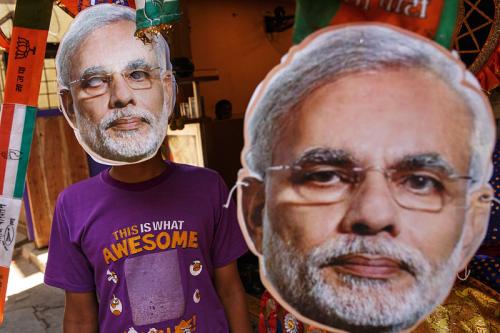
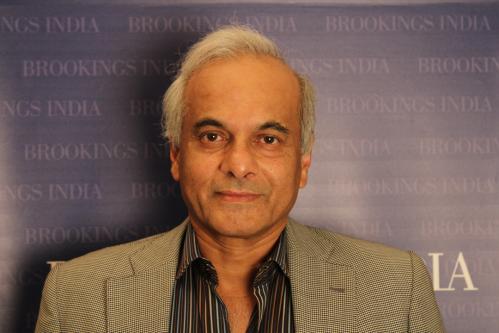
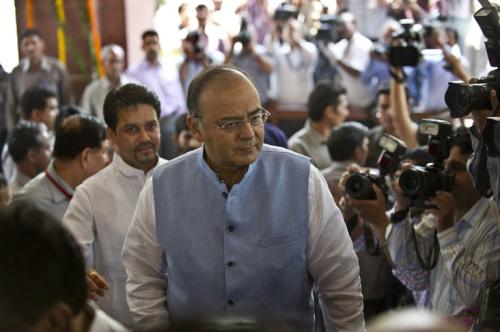
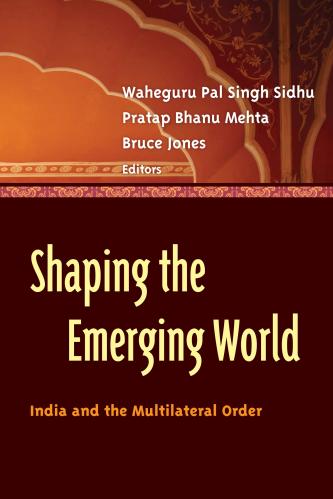

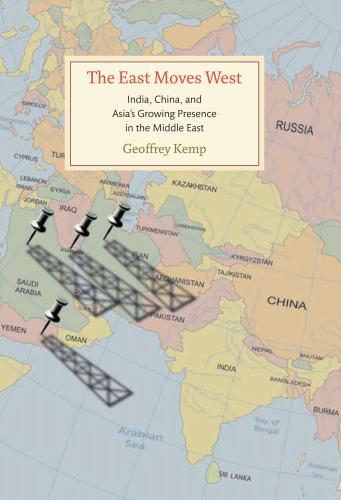



Commentary
Op-edOver The Barrel: Democrat’s dilemma
April 3, 2017